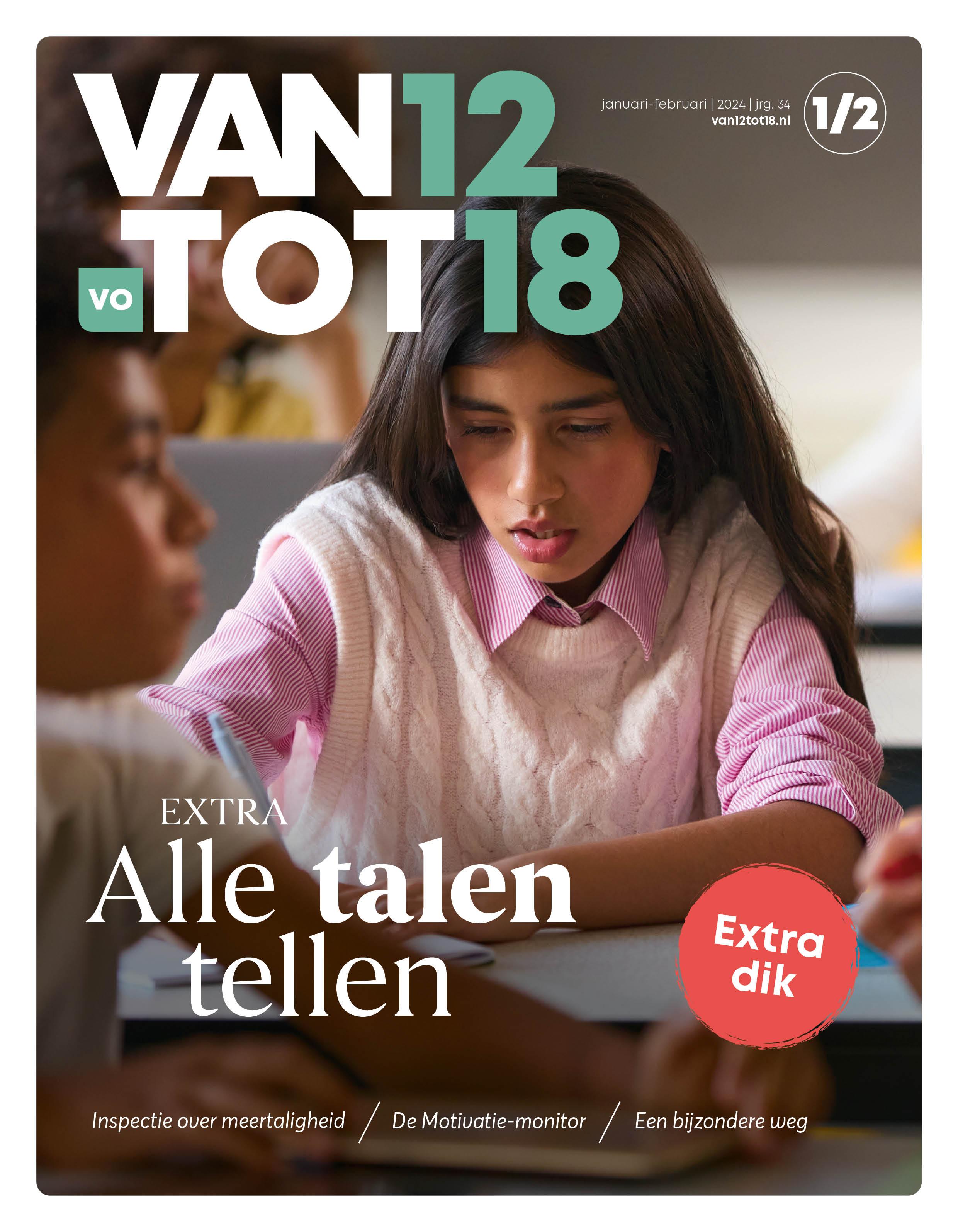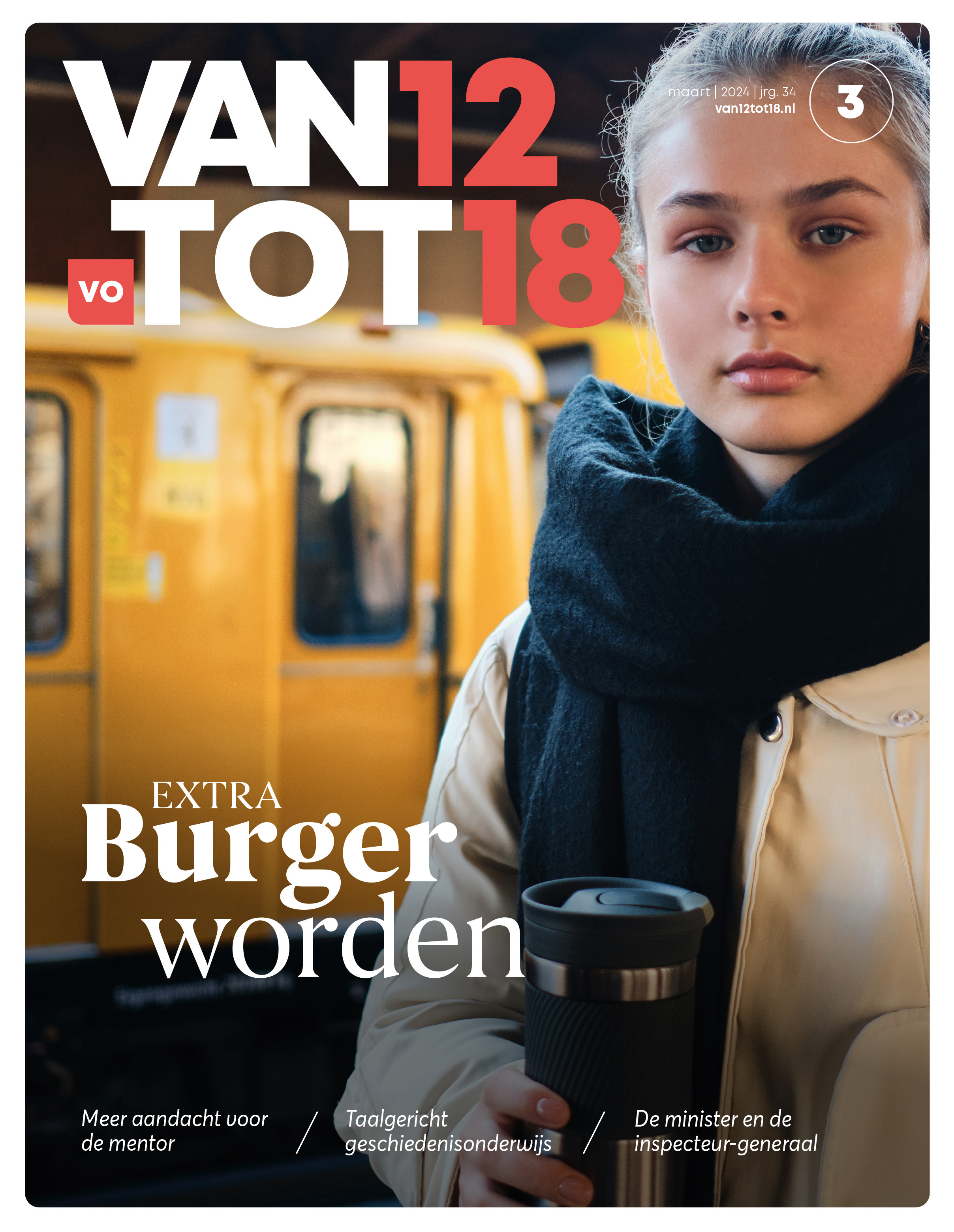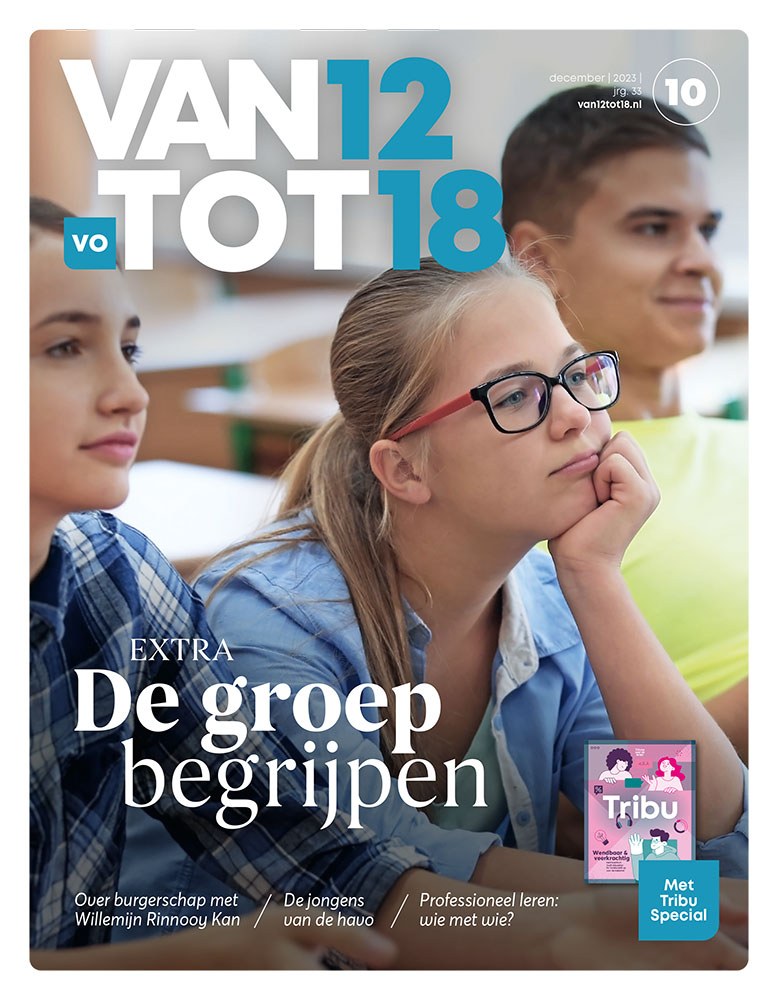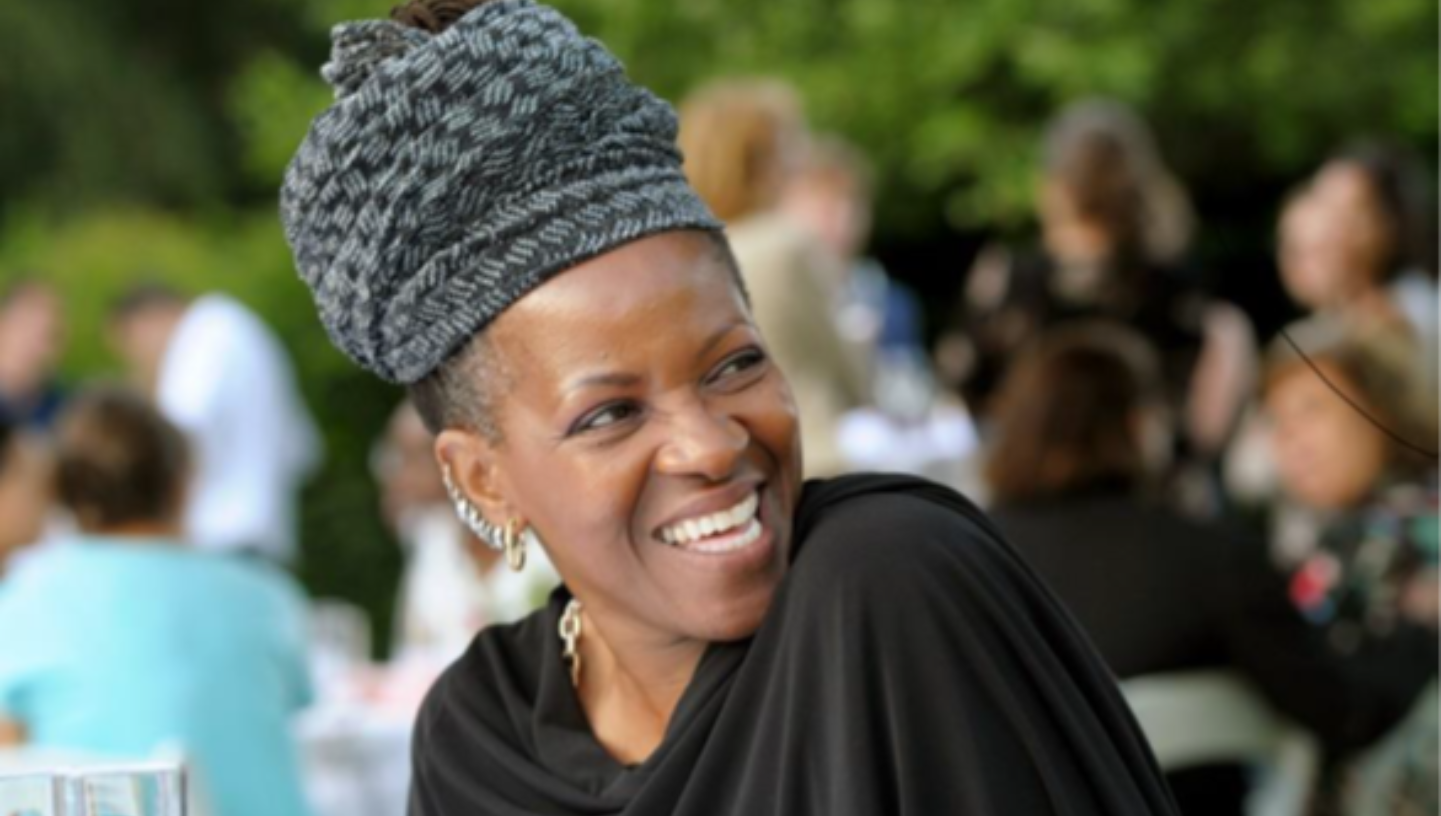In the past two decades more countries around the world have pinned their future hopes to democratic ideals. Often the changes in regime and governance have ome with constitutional changes that enshrine equality as the highest ideal. The equality promised on paper has not yet translated into the lived experience of the marginalised millions. In South Africa the architects of apartheid recognised that a key method for excluding the possibility of a lived equality in every aspect of society was to ensure that access to education was unequal. That was deliberate government policy. In the time of covid-19 inspired lockdowns we see that in most countries equal access to education is a fiction with consequences that will reverberate through our societies for decades to come. In the 17th century, with no internet, no electronic libraries, no children’s educational television programming Comenius had offered a pedagogy that could help us to craft a system of hybrid learning that could point the way to a real lived equality. Bringing young minds on line, i.e. activating the intelligence of our youth, is our best hope for reading a world in which equal access to opportunity and equal dignity are not paper promises but are the embodied experience of all humanity.
Mpho Tutu van Furth (1963) is an Anglican priest, speaker, writer, theologian, artist, mother and youngest daughter of South African archbishop and human rights activist Desmond Tutu and his wife, Leah.



